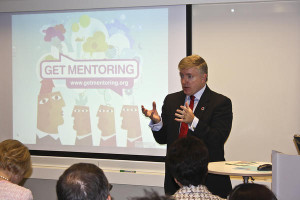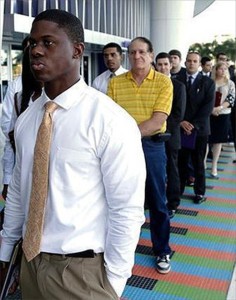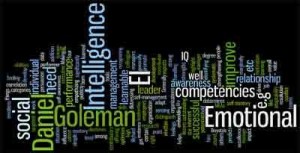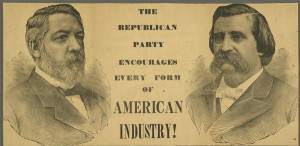A lady I know works for a major corporation in their acquisition department. Her manager recently retired and the supposed replacement brings the team in for a meeting. In that meeting it is discussed whether he will or will not seek to be the new replacement manager. The answer rendered here was a “NO”.
Upon her return home and while going through her e-mail, she receives one that states the manager who had just told her he was not going to seek the position had in fact just been awarded the position. Ok, most of you are like me. You will put out your best efforts for someone you trust. Trust from a manager is not something that comes “with the territory”, but is something that is essential not only to the success of the company but the manager as well. The real truth is…Speak a lie once and all your truth becomes questionable.
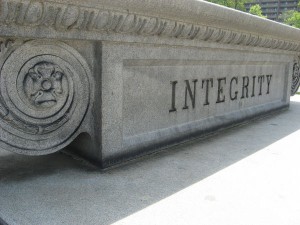 Trust on all levels whether in a relationship or workplace setting, when violated sets the stage for many hard days at work or home, to say the least. The worst feeling in the world is to know you were used and lied to by someone you trusted. How in the world can anyone think that starting off a relationship with a lie is in the best interest of anyone?
Trust on all levels whether in a relationship or workplace setting, when violated sets the stage for many hard days at work or home, to say the least. The worst feeling in the world is to know you were used and lied to by someone you trusted. How in the world can anyone think that starting off a relationship with a lie is in the best interest of anyone?
Let’s talk “man to man” here for just a bit. What hurts the most…is a lie that draws a smile or the truth that draws a tear! Hurting people with the truth is better than killing them with a lie.
 Think about your family for a moment. How would you look in their eyes if all you did was lie to them? Let’s put things in the proper perspective. Misleading someone is NOT a lie when what you are passing along is accurate to the best of your understanding, only to discover that those who based their actions on your statements were mislead by your statements once you determined that they were not accurate. Lying to someone is an intentional act of deception!
Think about your family for a moment. How would you look in their eyes if all you did was lie to them? Let’s put things in the proper perspective. Misleading someone is NOT a lie when what you are passing along is accurate to the best of your understanding, only to discover that those who based their actions on your statements were mislead by your statements once you determined that they were not accurate. Lying to someone is an intentional act of deception!
Traveling the way of the world will only lead to destruction. The first person you have to lie to is yourself. From there it is the life of a “poser”. You will always need to convince self that you are something you’re not.
Who do we think we are fooling?
Photo credit: TerranceDC / Foter / CC BY-NC
Photo credit: contemplativechristian / Foter / CC BY-SA
Photo credit: Shreyans Bhansali / Foter / CC BY-NC-SA
Photo credit: pursuethepassion / Foter / CC BY-NC-SA











